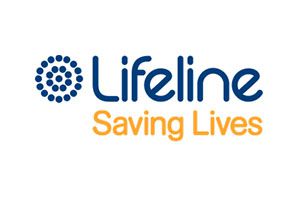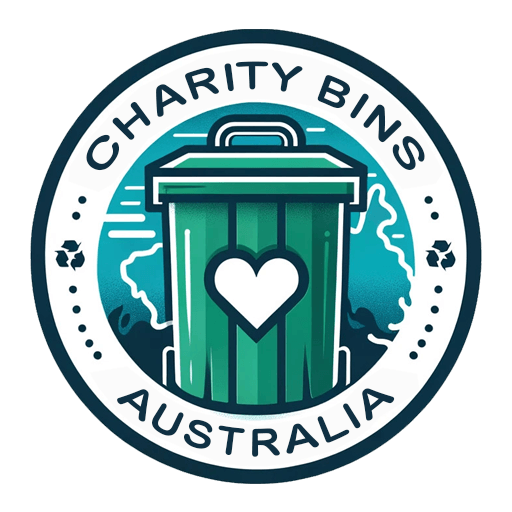Lifeline Charity Bins & Drop Offs Near You
Find Lifeline Locations To Donate Your Clothes

Lifeline Australia supports several crucial causes, primarily focused on mental health and crisis support. Here’s what they do:
Crisis Support: Lifeline’s most well-known service is their 24/7 crisis hotline, which provides immediate support to individuals experiencing emotional distress or in a crisis situation. This service aims to prevent suicide by offering a safe space for people to talk and receive support.
Suicide Prevention: Its workers and volunteers work actively in the area of suicide prevention. They offer training programs, conduct research, and engage in public awareness campaigns to educate people about suicide prevention and how to help those in need.
Mental Health Support: Beyond crisis intervention, the company offers support for people dealing with mental health challenges. This includes providing information, support services, and guidance on accessing appropriate care.
Community Outreach: They also engages in community outreach programs designed to strengthen community ties and enhance the collective ability to support those facing mental health challenges or crisis situations.
Their work is funded through a combination of government support, private donations, and the proceeds from their network of op shops across Australia, where donated goods are sold.
Donated clothes play a vital role in supporting Lifeline and its services. Here’s how it typically works:
Revenue Generation: Clothes donated to Lifeline are sold in their network of charity shops across Australia. The revenue generated from these sales is a crucial source of funding for the organisation.
Funding Services: The money raised from selling donated clothes helps fund Lifeline’s various services, including their 24/7 crisis hotline, mental health support programmes, suicide prevention initiatives, and community outreach efforts. This funding is essential for maintaining and expanding these services.
Resource Efficiency: Selling donated clothes also helps Lifeline maximise the efficiency of their financial resources. By generating funds through their shops, they can allocate more of their budget directly to their support and intervention programmes rather than fundraising activities.
Community Engagement: The process of donating, sorting, and selling clothes involves many volunteers and creates a community around the charity shops. This community engagement further supports Lifeline’s mission by raising awareness about mental health and crisis support.
Overall, donated clothes not only provide financial support for Lifeline’s operations but also help raise awareness and involve the community in their cause.
Lifeline is a homegrown Aussie charity, kicked off by Reverend Dr. Sir Alan Walker back in 1963. He started it after a heart-wrenching call from a distressed man who tragically ended his life soon after. That call deeply affected him, and he vowed to ensure no Australian would ever feel so isolated and unsupported again. That’s how their 24/7 hotline, 13 11 14, came to be. Today, it’s a lifeline for many, with the call center handling over 1,800 calls every day.
Running Lifeline is no small feat. It depends on the hard work of more than 11,000 volunteers and thrives on the generous donations that flow into its numerous op shops and donation bins all over Australia.
All the donations Lifeline receives, whether it’s clothes, books, furniture, homewares, or accessories, help keep the organization running and literally save lives across Australia.
You can drop off your old stuff at Lifeline’s charity bins and op shops all over the country. Not sure if they can use what you’ve got? Just give them a call first. It’s always better to call first, as dumping unusable goods at their charity bins can lead to huge headaches for the organisations.
And if you’re looking for more places to donate, check out our menu and pick your city. We’ve got the biggest database of clothing donation spots and retail locations for bigger items in Australia.
Happy donating!

